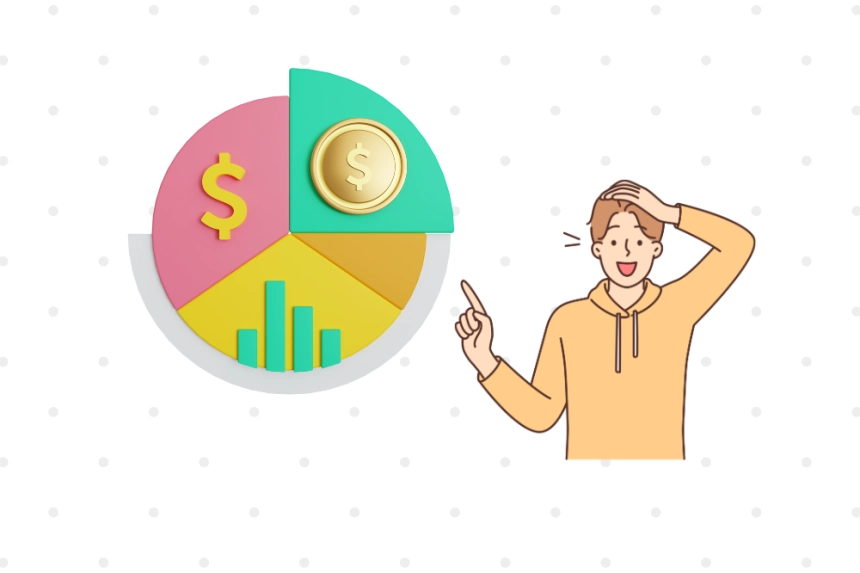How to create a personal budget step by step


A personal budget is a fundamental tool for managing your finances effectively. If you want to learn how to create a personal budget that fits your needs, you've come to the right place. In this article, we will explain, in a simple step-by-step manner, how to develop a budget that helps you achieve your financial goals.
What is a Personal Budget?
A personal budget is a financial plan that allows you to gain control over your income and expenses. This tool helps you visualize how you are using your money and identify areas where you can improve. With an effective budget, you can save, pay off debts, and plan for future expenses, giving you greater financial peace of mind.
Benefits of Having a Personal Budget
Before diving into the steps for creating a budget, it's important to know the benefits this can provide you:
1. Financial Control
Creating a budget allows you to have greater control over your finances. You know exactly how much money comes in and how much goes out, helping you avoid unpleasant surprises.
2. Savings and Planning
A good budget helps you allocate a portion of your income to savings, whether for an emergency fund, retirement, or future expenses like vacations.
3. Debt Reduction
With a budget, you can identify how much money you can dedicate to debt repayment, which will help you reduce it more quickly.
How to Create a Personal Budget in 5 Steps
Below, we present an easy process to follow to create your own budget:
Step 1: Gather Your Income
Identify All Your Income Sources
To start, you need to know how much money comes into your household each month. This includes:
- Monthly salary
- Income from freelance work
- Rent or leases
- Income from interest or investments
Once you have a list of all your income sources, sum them up to get your monthly total.
Step 2: Record Your Expenses
Classify Your Expenses
It's crucial to keep a record of all your expenses to understand how and where you spend your money. You can classify them as follows:
- Fixed Expenses: Those that do not change month to month, like rent, utilities, and subscriptions.
- Variable Expenses: Those that fluctuate, such as food, entertainment, and shopping.
- Occasional Expenses: Sporadic expenses, like repairs or vacations.
Use a spreadsheet or a finance app to list and categorize your expenses, allowing you to better visualize your financial situation.
Step 3: Compare Income and Expenses
Now that you have a clear view of your income and expenses, the next step is to make a comparison. Subtract your total expenses from your total income to know if you're in a positive or negative balance.
What to Do if Your Expenses Exceed Your Income?
If your expenses are greater than your income, it's time to make adjustments. Here are some recommendations:
- Reduce variable expenses (food, entertainment).
- Evaluate whether you can negotiate fixed expenses (utilities, rent).
- Consider increasing your income through additional or freelance work.
Step 4: Set Financial Goals
Having clear financial goals motivates you to stick to your budget. Define short-term, medium-term, and long-term objectives, such as:
- Saving for a trip.
- Buying a house or a car.
- Paying off debts.
Step 5: Adjust and Review Your Budget Regularly
A budget is not static. You need to adjust and review it regularly. Spend time each month evaluating your expenses, income, and progress toward your goals. This will allow you to make the necessary changes to keep your finances in good shape.
Useful Tools for Creating a Budget
There are various tools and apps that can facilitate the creation of your budget, including:
- Spreadsheets: Google Sheets or Excel.
- Personal finance apps: YNAB, Mint, PocketGuard, among others.
Conclusion
Creating a personal budget is an essential process that allows you to gain better control over your finances, save, and achieve your economic goals. By following the steps described in this article, you can establish a budget that fits your needs and helps improve your financial well-being.
Remember that the key to success lies in consistency and a willingness to adjust your budget as your circumstances and goals change. Start today to build a stronger financial future!






